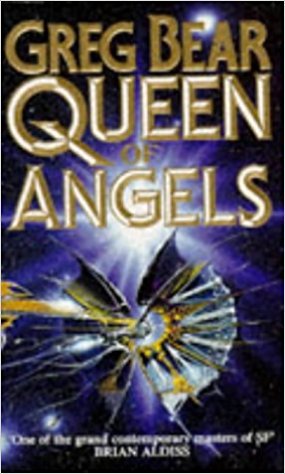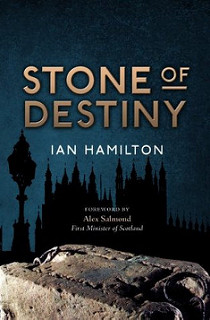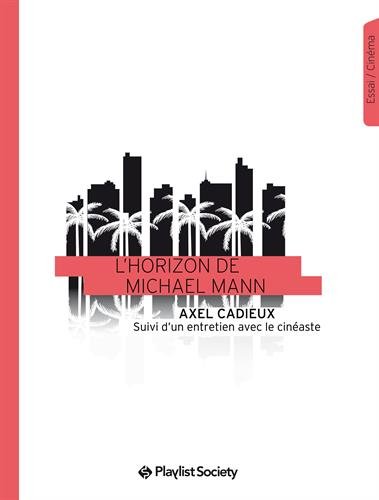 My first encounter with Greg Bear’s fiction was the superb Moving Mars, at a time when I was reading everything I could find about the planet Mars. Queen of Angels, though set mainly on Earth, is considered to be part of the same loose sequence, along with Slant and Heads.
My first encounter with Greg Bear’s fiction was the superb Moving Mars, at a time when I was reading everything I could find about the planet Mars. Queen of Angels, though set mainly on Earth, is considered to be part of the same loose sequence, along with Slant and Heads.
Queen of Angels is quite a demanding read – thanks to the sheer complexity of plot, which alternates between several protagonists who have no direct contact with each other; and the cognitive dissonance induced by coolly presenting future technologies, mores, and language without explanation; and the intellectual ambition of Bear’s themes. It’s not only an intelligent novel but also artfully written and psychologically convincing.
What brings everything together is the theme of the ghost in the machine, the mind–body problem, the question of whether we have a soul. The kind of thing that the recent film Ex Machina tackled in a much simpler way. Bear comes at it from every direction. We have an out-of-favour poet whose stream of consciousness reads like a notebook app. Another poet who has gone mad and turned into a murderer. A pair of psychologists who, in a superbly dramatised sequence, use a controversial technology to enter the unconscious of said mad poet. A policewoman (in search of the same mad poet) who’s undergone ‘transform’ nano-surgery so that her body no longer matches her original racial identity. Two AIs struggling towards consciousness, one of them in orbit around a distant planet and, with a nod to Solaris, trying to work out whether or not it has sentient inhabitants. Infusing all of this are coercive norms of ‘therapying’ people to make them into compliant citizens, the prevalence of nano-technology that can make anything out of anything, and Hispaniolan beliefs in Voodoo gods who can ride people’s bodies.
All this adds up to an exploration, from science fiction’s usual materialist perspective, of the traditionally spiritual concept of the soul – and not merely the existence of a soul that’s something other than the body, but its association with the power to choose between good and evil. The fruit of the Tree of Knowledge. But the novel goes further that that. Bear is raising questions about the implications of advances in IT for human consciousness and the relationship between mind and body. Much seems at stake in the quality of people’s lives, in how we are treated and what is demanded of us; and deeper than that, if you take a spiritual perspective, in the well-being – the survival? – of our souls. Big questions to reflect upon when you consider how the world has changed since 1990, when this novel was published and the digital revolution had barely begun.
Advertisements Share this:




